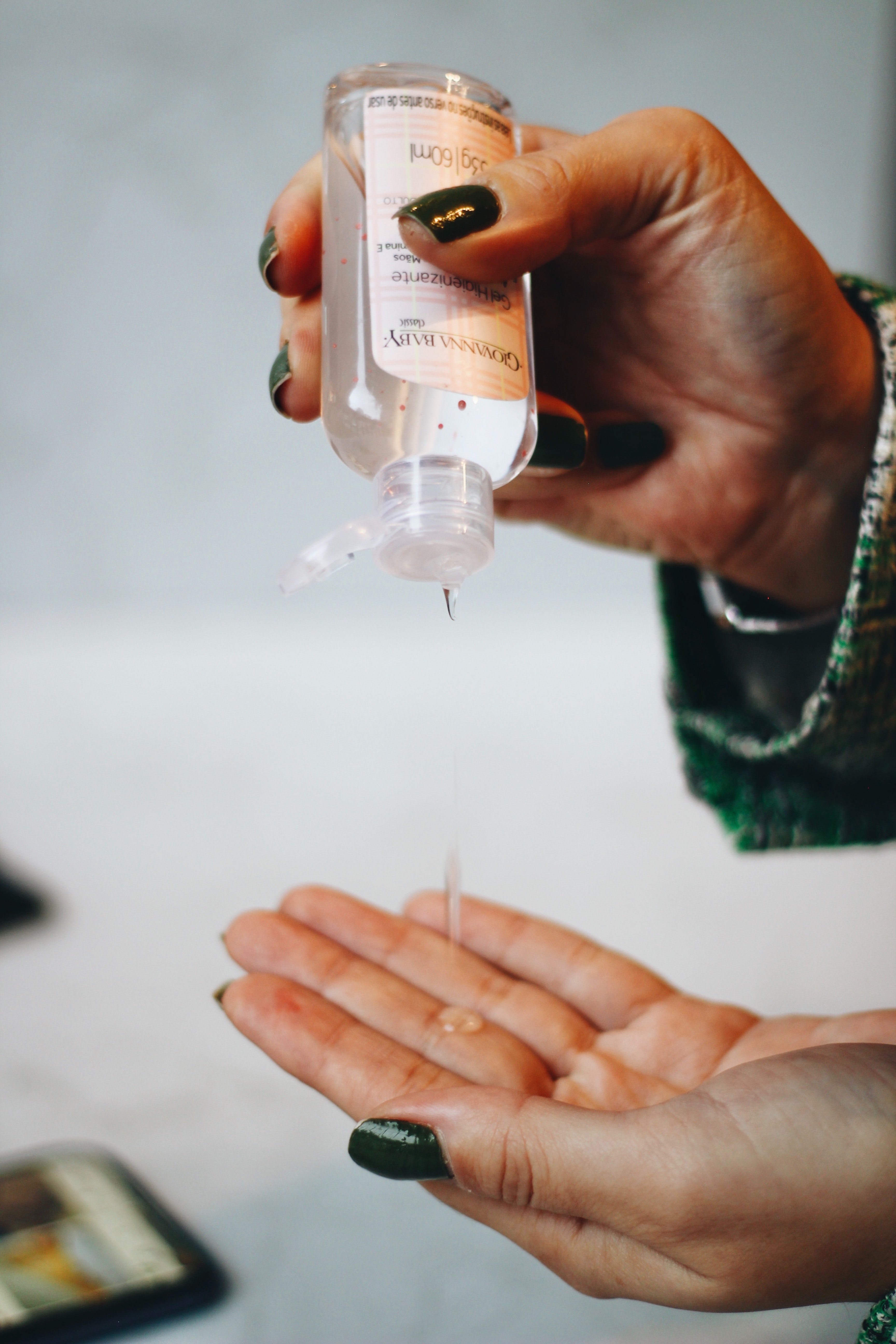Government agencies give notice of hand sanitizers containing methanol and packaged like edible products.
Hand sanitizers have become one of the top selling products worldwide as the Centers for Disease Control and Prevention (CDC) and other regulatory bodies are pushing for better personal hygiene measures amid COVID-19. Many sanitizers contain alcohol (ethanol), and now, companies are coming out with product lines that resemble beer cans, water, juice and vodka bottles, and even children’s food pouches, the Food and Drug Administration (FDA) warns.
The federal agency said some of these trendy, packaged brands are also adding flavoring to their products, which raises concerns over children ingesting the inedible and potentially poisonous hand cleansers.
“These products could confuse consumers into accidentally ingesting a potentially deadly product,” FDA Commissioner Stephen Hahn said, and the agency warned, “Products packaged to appear as drinks, candy or liquor bottles, as well as products marketed as drinks or cocktails because their appearance could result in accidental ingestion or encourage ingestion. Children are particularly at risk with these products since ingesting only a small amount of hand sanitizer may be lethal in a young child.”

The CDC has reported several cases of methanol poisoning as well, some fatal, and the FDA has seen a sharp increase in a number of products labeled as containing ethanol that have been contaminated with methanol – a toxic substance even when absorbed on skin. Recent cases of poisoning have resulted in blindness, hospitalizations and fatalities.
In its warning, the FDA states, “Substantial methanol exposure can result in nausea, vomiting, headache, blurred vision, permanent blindness, seizures, coma, permanent damage to the nervous system or death. Although all persons using these products on their hands are at risk for methanol poisoning, young children who accidently ingest these products and adolescents and adults who drink these products as an alcohol (ethanol) substitute, are most at risk.”
The CDC has recommended consumers use an alcohol-based hand sanitizer that contains at least 60 percent ethanol to ward off the spread of the coronavirus, and the FDA warns, “Certain hand sanitizers that may not contain a sufficient amount of ethyl alcohol or isopropyl alcohol.” The agency also adds that hand sanitizers provide long-term protection but have not been proven to prevent an individual from contracting COVID-19, and that there are currently no hand sanitizers approved by FDA. It contends, “Distributors often do not identify the manufacturer on the product label and are not required to do so under federal law.”
“Practicing good hand hygiene, which includes using alcohol-based hand sanitizer if soap and water are not readily available, is an important public health tool for all Americans to employ,” said Hahn. “Consumers must also be vigilant about which hand sanitizers they use, and for their health and safety we urge consumers to immediately stop using all hand sanitizers on the FDA’s list of dangerous hand sanitizer products. We remain extremely concerned about the potential serious risks of alcohol-based hand sanitizers containing methanol. Producing, importing and distributing toxic hand sanitizers poses a serious threat to the public and will not be tolerated. The FDA will take additional action as necessary and will continue to provide the latest information on this issue for the health and safety of consumers.”


Join the conversation!